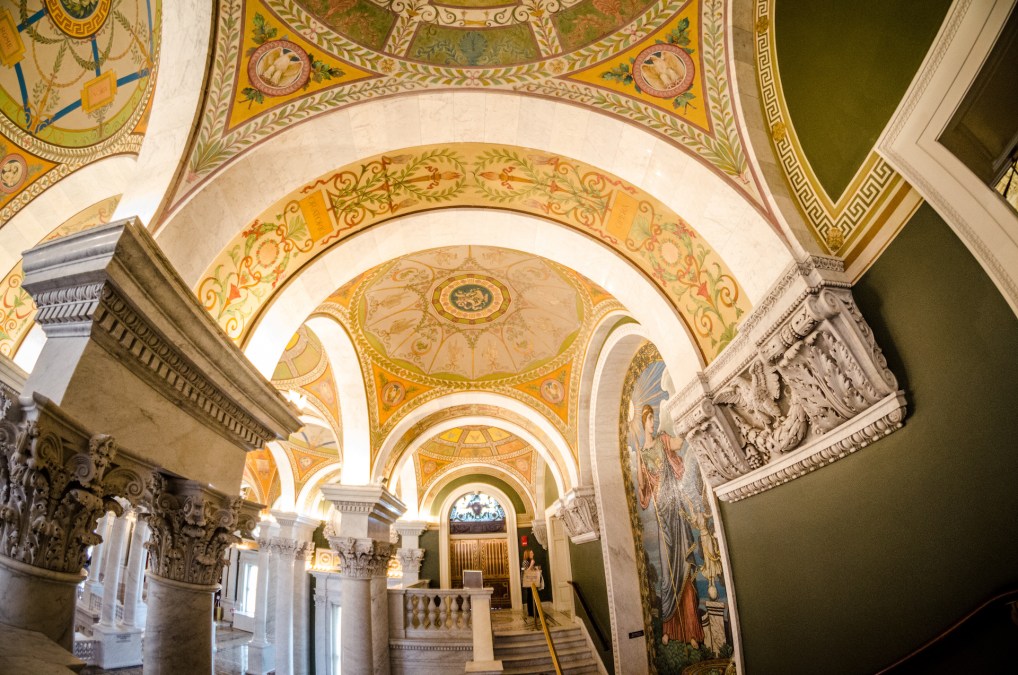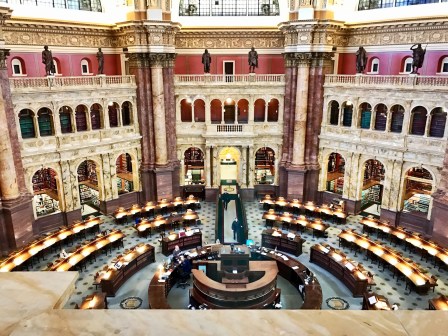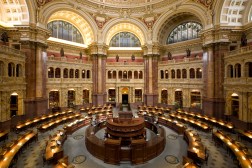Library of Congress to launch crowdsourcing program

The Library of Congress says it will soon be launching a crowdsourcing program as a way to better engage with a host of public constituents.
The concept, the library announced this week, is inspired by projects like Beyond Words, where the organization’s digital lab asked the public to find cartoons and illustrations from a collection of old American newspapers and digitally add a “caption” to allow the images to become searchable.
“What I like about crowdsourcing is it gives people a chance to discover hidden gems in the collection,” Tong Wang, the IT specialist who created Beyond Words during a three-month pilot innovator-in-residence program, said in a statement at the time of its launch. “You never know what you’ll find poking through old newspapers.”
In a similar vein, the crowdsourcing program will leverage public support to “improve discovery and access across our diverse collections through transcription and tagging,” the blog post announcing the initiative states. Which collections will be included in this treatment are not immediately specified — the library says it will update that information at launch on Oct. 24.
What the library has revealed is the GitHub repo for “Concordia,” the platform the library has built specifically for crowdsourced transcription and tagging. According to a blog post, the library is currently putting the “final touches” on the version of Concordia that will launch on Oct. 24.
The crowdsourcing initiative, the library says, closely ties to its recently released Digital Strategy. The strategy accompanies the library’s 2019-23 strategic plan and outlines a broad interest in emerging technologies. The strategy also promotes connecting with users and fostering an innovative mindset within the library walls.
“The new crowdsourcing program exemplifies the strategic plan and the charge of the Digital Strategy,” the library writes. “It was developed with user-centered design principles that emphasize cultivating trust and approachability as a compliment to the authoritative role the Library of Congress plays in American memory.”






